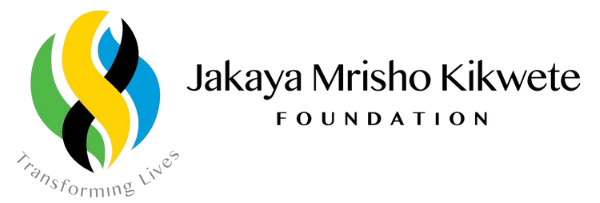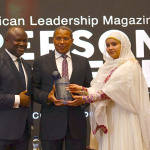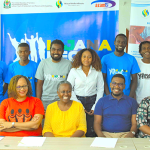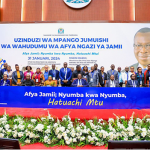Reproductive, Maternal, Newborn, Child, and Adolescent Health & Nutrition (RMNCAH&N) services are a crucial benchmark for the effectiveness of any public health system. The ability to supply quality care for mothers and children reflects the overall health system’s performance.
During the 2021 RMNCAH&N scientific conference hosted by the Ministry of Health and President’s Office, Regional Administration and Local Government Tanzania (PO-RALG), many issues concerning the quality of care for RMNCAH services appeared.
The RMNACH&N conference is a ministry-led space where dedicated healthcare professionals, policymakers, and stakeholders come together to share learnings, access impact, address complex issues, seek innovative solutions, and drive positive change.
As one of the subthemes for this year’s RMNCAH&N scientific conference, Tanzania is actively working toward the 2030 Sustainable Development Goals (SDG) and Vision 2025 targets for quality of care. Key national plans addressing quality of care include the Five Years’ Development Plan (2021-2025) to enhance healthcare systems, Health Sector Strategic Plan V (HSSP V, 2021) to improve access to RMNCAH services, and One Plan III (2021-2026) to reduce maternal and neonatal mortality rates. Achieving these goals requires prioritizing high impact interventions and establishing effective quality assurance systems.
In this article, we will delve into the importance of RMNCAH&N services, existing challenges, and key recommendations to enhance quality of care as a critical part of healthcare, as per the discussions from the 2021 RMNCAH&N scientific conference.
RMNCAH services are interconnected across various levels of care, from community health workers to healthcare providers at national referral and specialised hospitals. When these levels seamlessly work together, regularly reviewing and updating their guidelines, and adequately motivating and compensating their staff, the result is an improved uptake of services and better outcomes throughout the care continuum. However, several issues and observations hinder this synchronization.
Observations and Challenges
Maternal, infant, and child mortality rates are still high despite the increased facilities and human resources. Donor-funded projects often falter once handed over to District and Regional Medical Officers/Health Management Teams. Leadership and management deficiencies are prevalent in many healthcare facilities. Professionalism is not solely dependent on resources available but also attitude and practice. Although the infrastructure for and availability of Comprehensive Emergency Obstretic and Newborn Care (CEmONC) has improved. Immunization is well-covered, but nutrition requires more efforts. The need for in-service training to enhance health care workers skills is evident, and the midwifery cadre needs to be utilized.
Recommendations for Improvement
To address these challenges, several suggestions were put forth:
Government Engagement:
Donor-funded projects must involve the government from project design to implementation to ensure sustainability. Donors should align their interventions with the government’s strategic plan and use equivalent salary scales to ensure sustainability. Collaboration with partners, NGO’s and donors should follow the government hierarchy.
Continuous Professional Development:
There should be increased maternal health support through competency pre-service training. Midwives should be encouraged to seek and apply for government sponsorship to further their education. Expanding the scope of quality indicators beyond maternal and newborn deaths and the improvement of quality obstetric care.
Reflecting on the insights gleaned from the 2021 RMNCAH&N scientific conference, The quality of RMNCAH services is a litmus test for a nation’s health system. To ensure healthier mothers and children, it is imperative that all stakeholders, from healthcare providers to government bodies and donors, work together. Addressing and implementing the identified challenges and recommendations can pave the way for a healthier future for mothers and children worldwide.
For partnership opportunities and ways to support the 2023 RMNCAH scientific conference, please contact us at info@jmkfoundation.org.
The Jakaya Mrisho Kikwete Foundation (JMKF) envisions transforming lives through innovative and sustainable solutions. Their mission is to collaborate with governments and stakeholders to drive progressive change and enhance the Quality of life in Africa. JMKF’s goal in RMNCAH is to work as a field catalyst to guarantee no preventable maternal deaths. Their core values include a commitment to transforming lives, fostering collaboration, maintaining agility, and prioritizing collective results through partnerships.
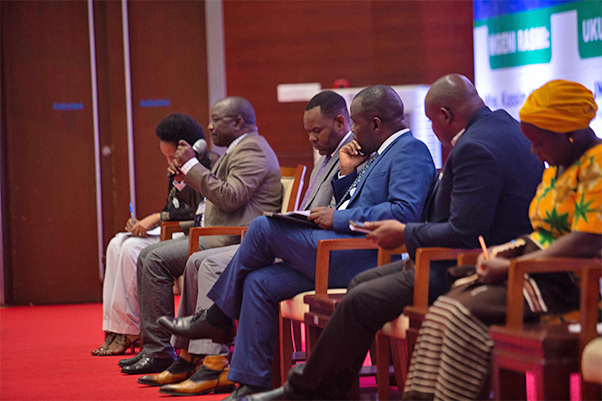
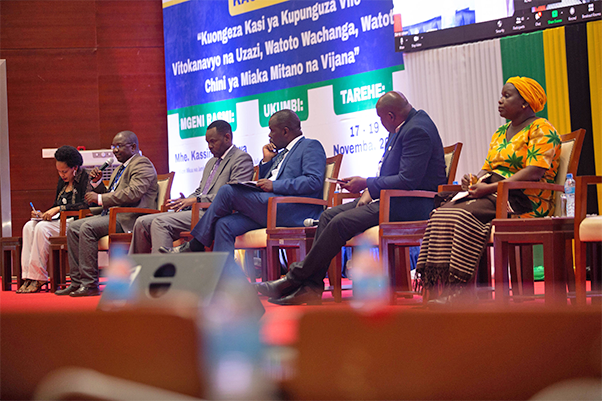
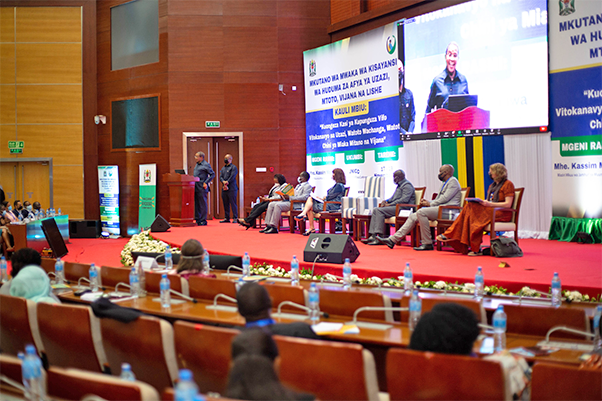
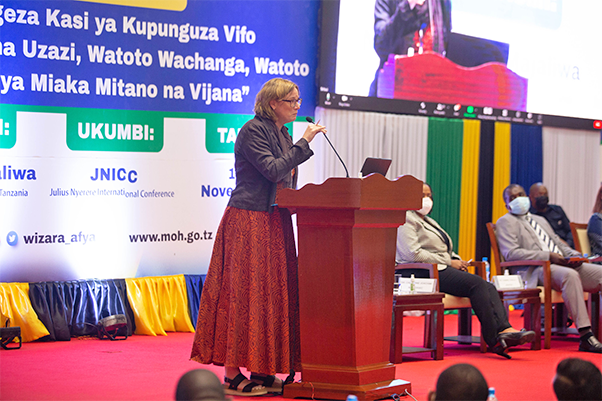
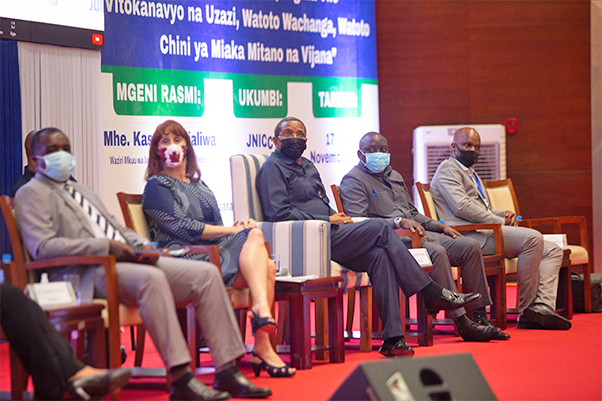
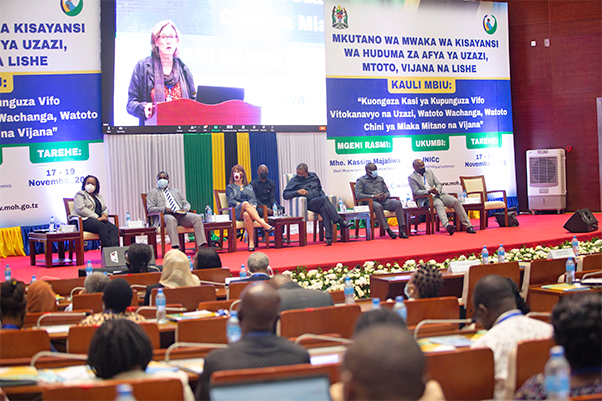
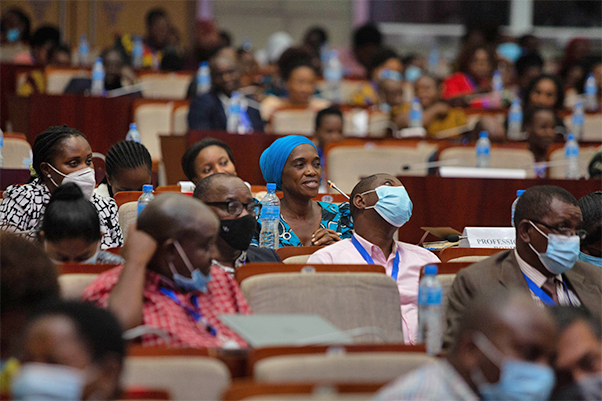
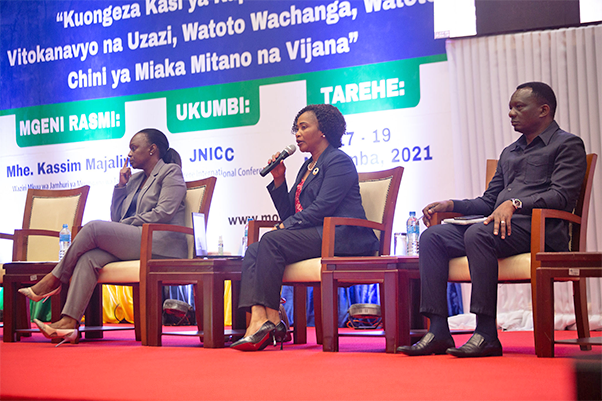
Previous
Next
